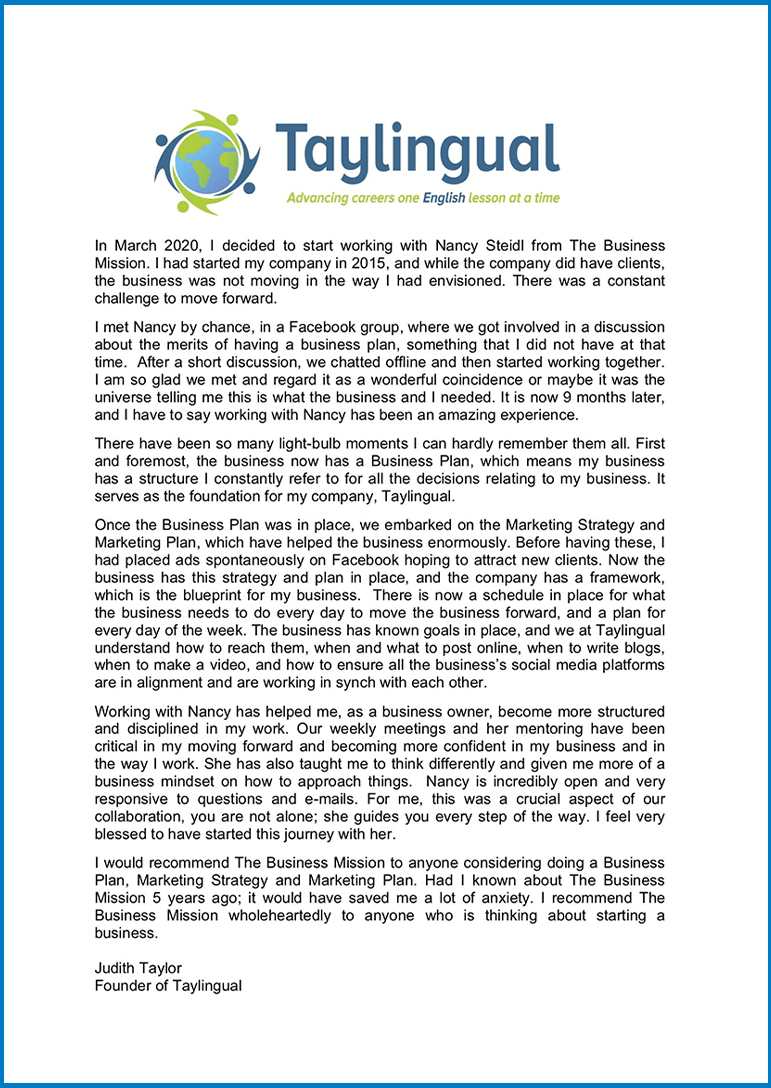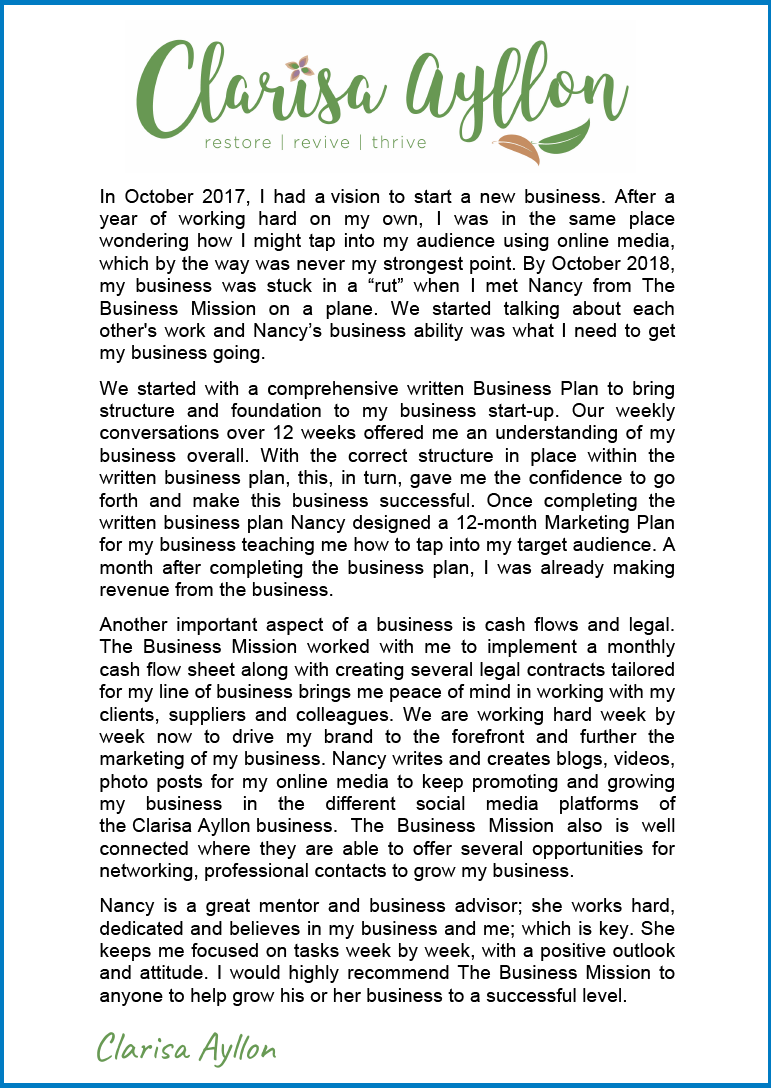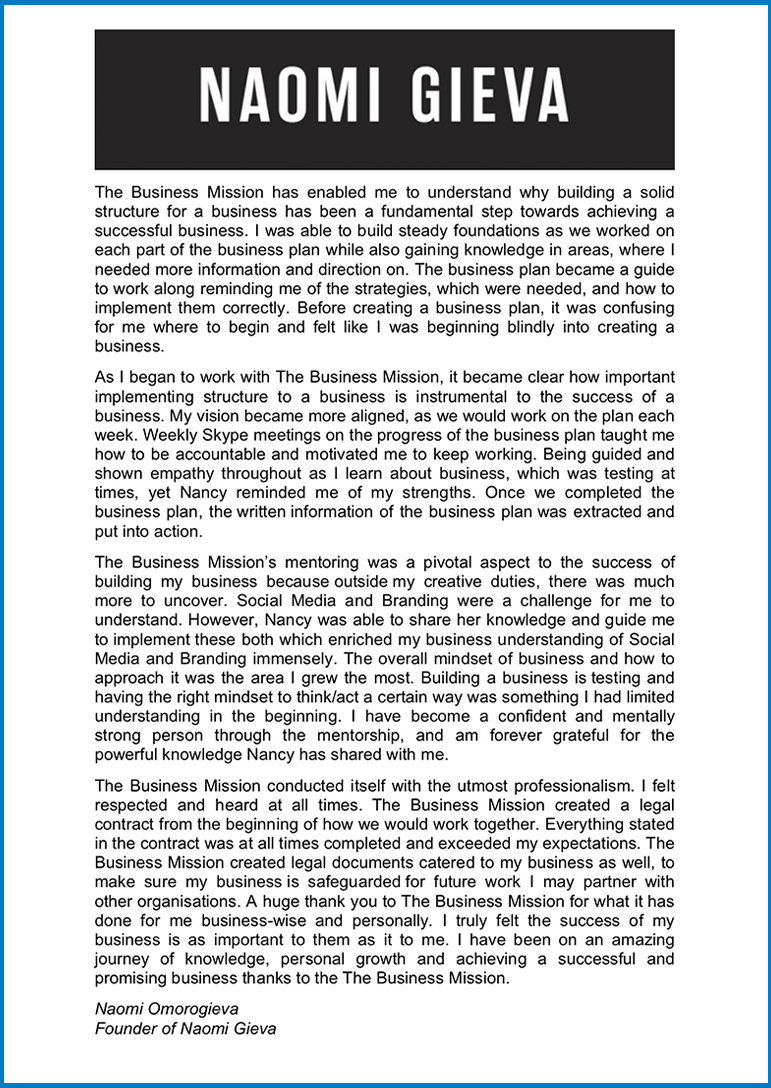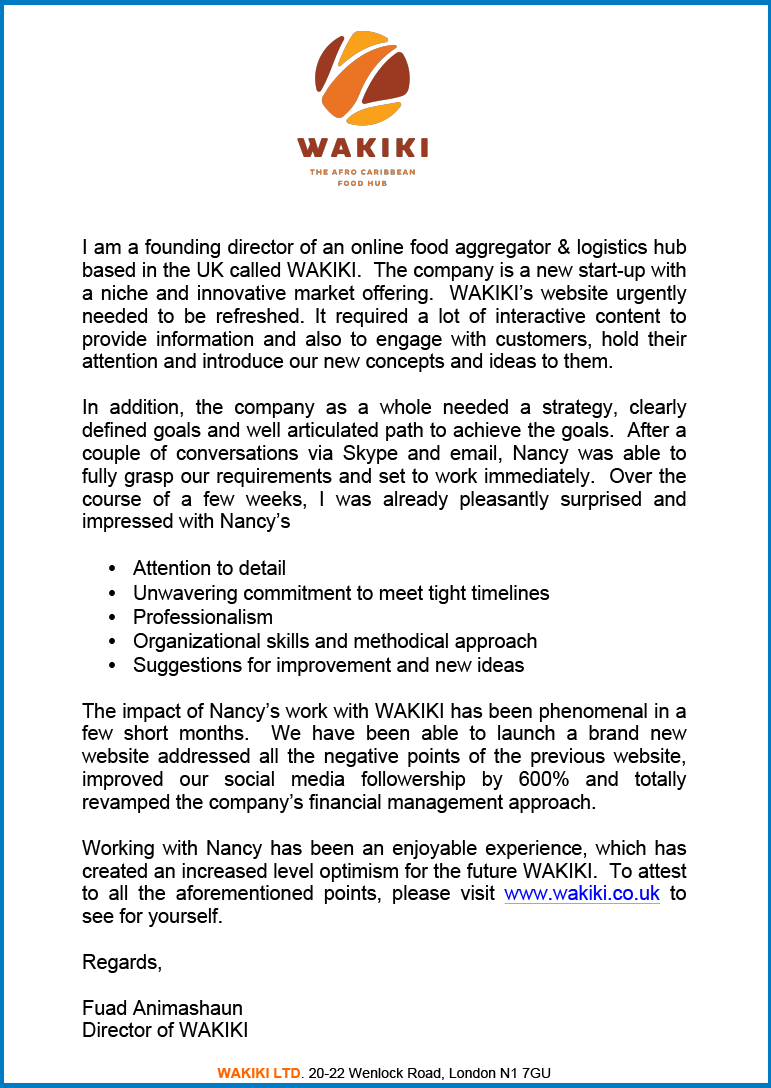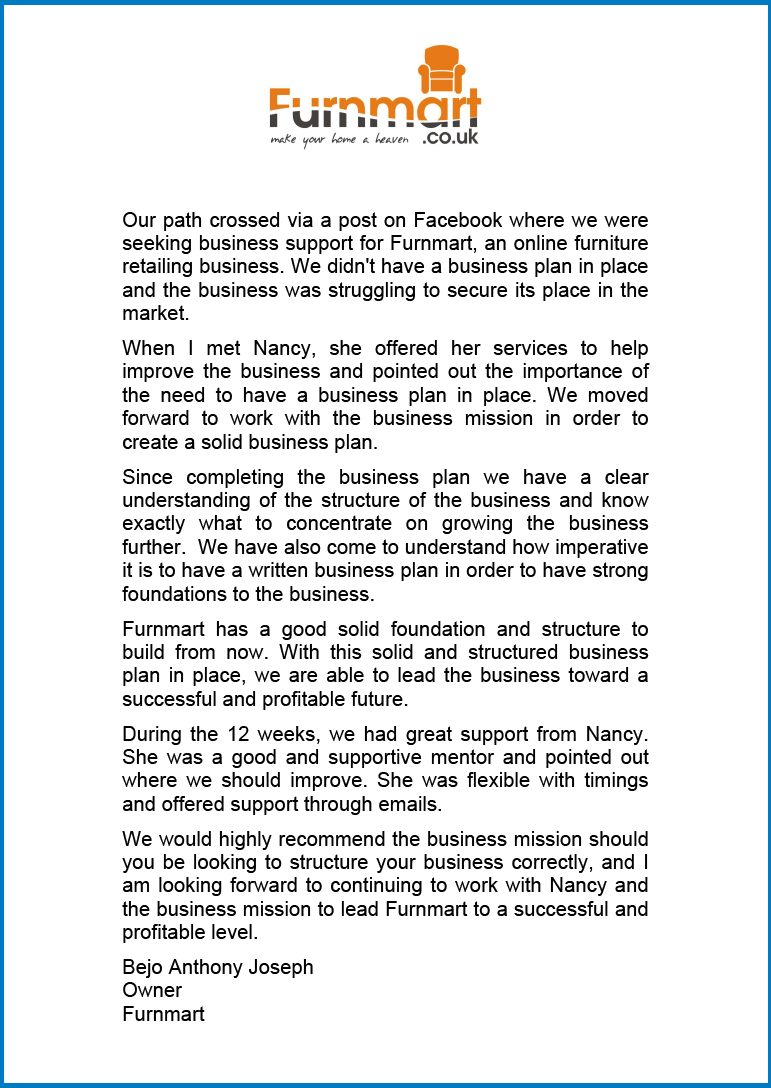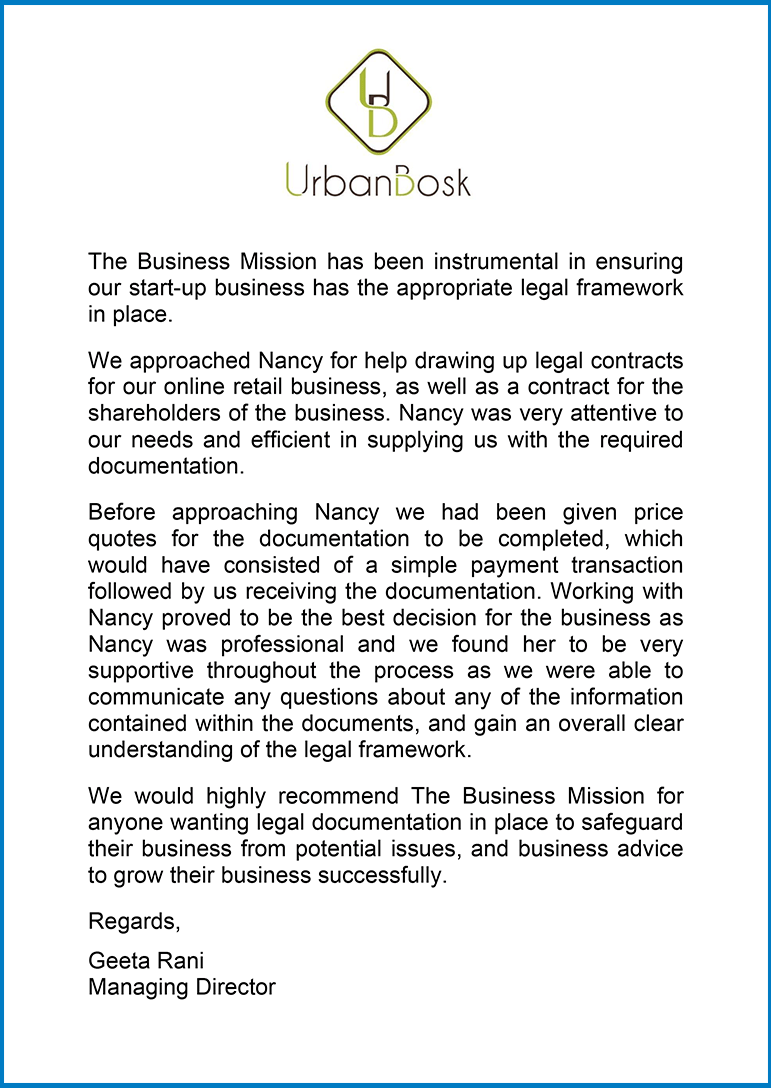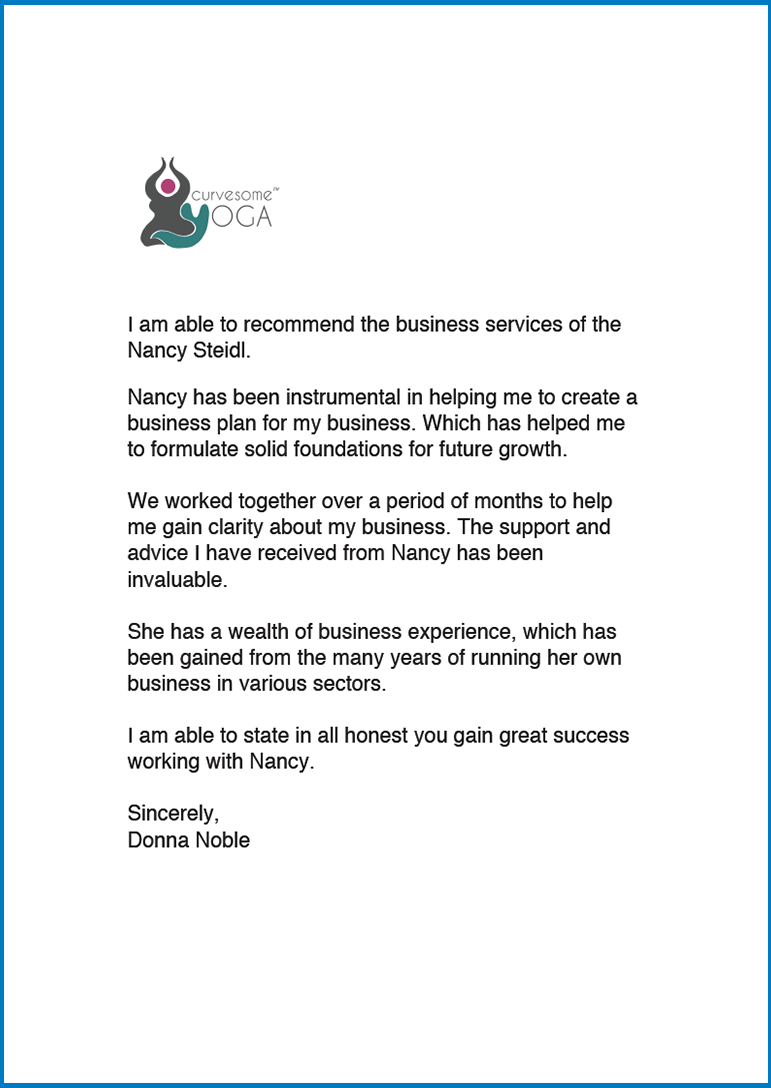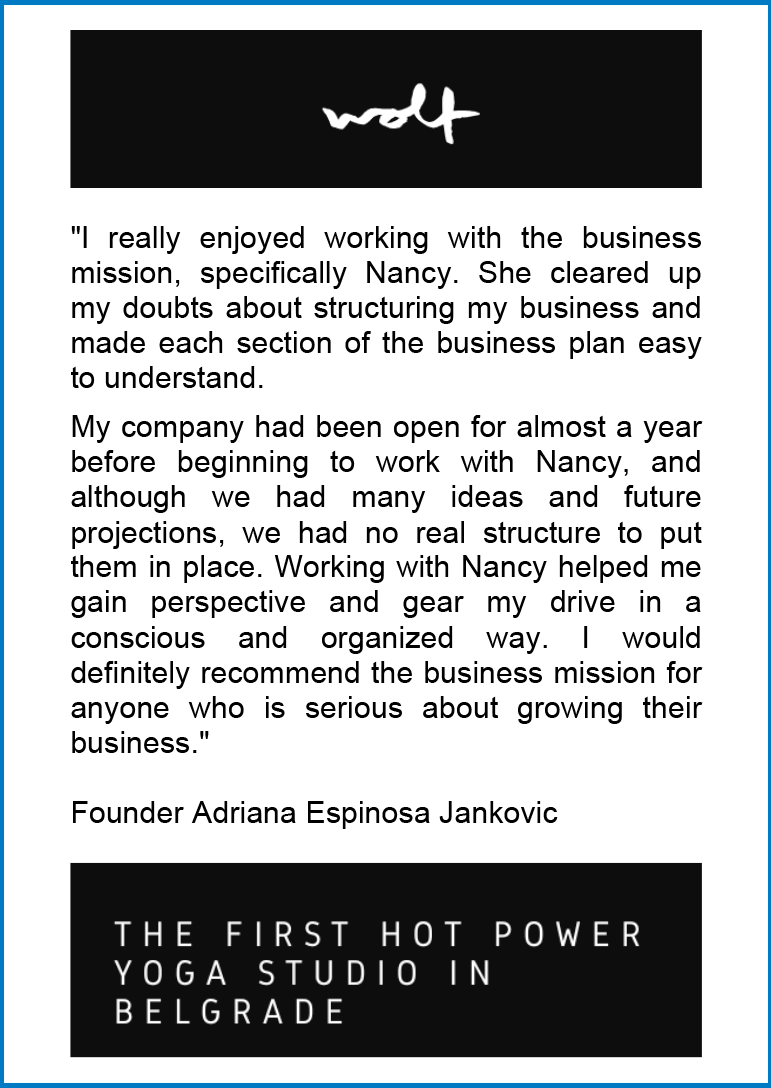You have an idea for a new business venture. You’ve done your research, a business plan and all other business strategies needed (don’t forget to trademark the name!) and you’re convinced that it’s a solid plan with great potential for success. However, you need financial support to get it off the ground. This is where you might consider partnering with someone or seeking investment.
Now, let’s say you have two potential supporters who can help you get your business off the ground. The first is a business partner, and the second is an investor.
Let’s start with the concept of a business partner. A business partner is someone who is involved in the day-to-day operations of your business. They share the risks and rewards of the venture with you. Think of it like a marriage, where both parties are committed to making it work and both have a stake in its success. A business partner is someone you trust and who has the skills and experience to help make your venture successful. They are involved in decision-making and have a say in how the business is run. In return for their input, they receive a share of the profits.
On the other hand, an investor is more like a silent partner. They provide funding for your venture but are not involved in its day-to-day operations. It’s like borrowing money from the bank, but instead of paying interest, you give the investor a share of the profits. Investors are interested in making a return on their investment, but they don’t have a say in how the business is run. They are more interested in the bottom line than in the details of how the business operates.
Let’s put it in simpler terms here.
Imagine you’re starting a lemonade stand. You have the recipe for the perfect lemonade and you’re excited to start selling it. But there’s a problem: you don’t have the money to buy the ingredients, the cups, and the stand itself.
Now, let’s say you have two potential supporters who can help you get your business off the ground. The first is a business partner, and the second is an investor.
A business partner is like a co-founder. They’re someone who’s going to be involved in the day-to-day operations of your lemonade stand. They’re going to help you with everything from making the lemonade to selling it to customers. In exchange for their help, they’re going to own a percentage of the business. This means that they’ll share in the profits and losses of the business. If the lemonade stand does well, they’ll make money. If it doesn’t, they’ll lose money. But they’re invested in the success of the business because they’re actively involved in running it.
An investor, on the other hand, is someone who’s going to give you money to start your lemonade stand, but they’re not going to be involved in running it. They’re going to give you the money you need to buy the ingredients, the cups, and the stand itself, and they’ll expect a return on their investment. This means that they’ll own a percentage of the business, but they won’t have any say in how it’s run. They’ll simply be looking for a return on their investment.
To continue the analogy, let’s say your lemonade stand is a huge success. You’re selling lemonade by the gallon, and you’re making a lot of money. If you have a business partner, they’re going to be right there with you, helping you manage the business and make important decisions. They’ll be sharing in the profits and working to make the lemonade stand even more successful. They might even be thinking about expanding the business to other locations or adding new products to the menu.
But if you have an investor, they’re not going to be involved in any of that. They’re simply going to be collecting their share of the profits. They might be happy with the way things are going, but they’re not going to have any input into the direction of the business.
Of course, there are pros and cons to both having a business partner and having an investor. A business partner can be a valuable asset because they’re invested in the success of the business and they bring their own skills and experience to the table. But they can also be a liability if they don’t share your vision for the business or if you have disagreements about how to run it. An investor, on the other hand, can provide the funding you need to get started without taking on any of the day-to-day responsibilities. But they can also be demanding in terms of wanting a return on their investment and might pressure you to make decisions that prioritize profits over other goals.
Another way to think about it is in terms of risk. A business partner shares in the risk of the venture with you. If the business fails, both of you lose out. But if it succeeds, both of you benefit. An investor, on the other hand, takes on less risk. They’ve provided the money, but if the business fails, they may lose their investment. However, if the business succeeds, they stand to make a profit without having to be involved in the day-to-day operations.
The main difference between a business partner and an investor is their level of involvement in the venture. A business partner is someone who shares in the risks and rewards of the business and is involved in decision-making and operations. An investor, on the other hand, provides funding but is not involved in the day-to-day operations of the business and is primarily interested in making a return on their investment. Both can be valuable sources of support for a new business, depending on the needs and goals of the entrepreneur.
Ultimately, whether you choose to work with a business partner or an investor will depend on your own goals and the nature of your business. But hopefully, this analogy has helped you understand the fundamental differences between the two and how they can impact the success of your venture.
Finally, whoever you do decide to collaborate make sure you implement business partnership agreements and shareholder agreements BEFORE you decided to work together to ensure to outline all the roles and expectations of each party in writing.
If you have questions on this article, please do contact us by clicking here
Copyright owned by thebusinessmission






